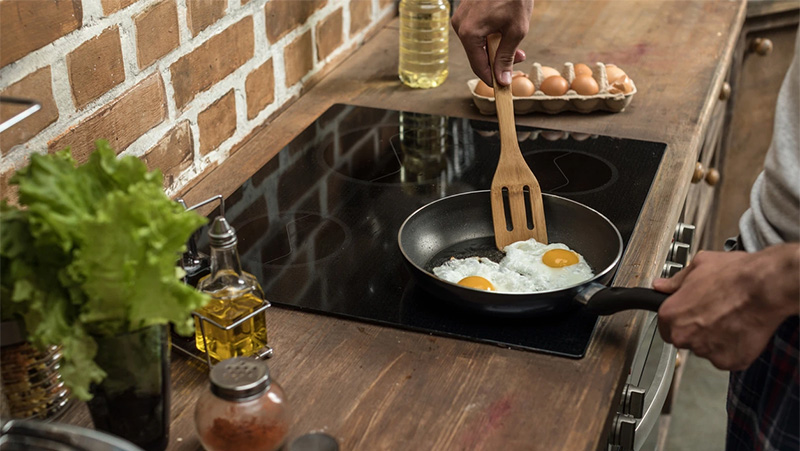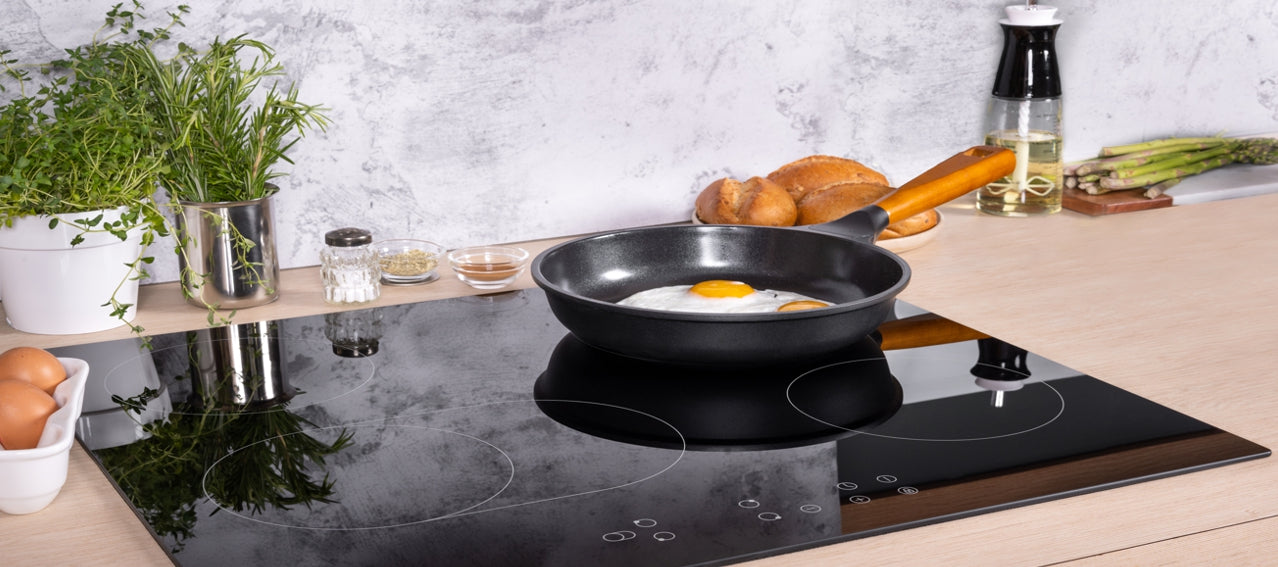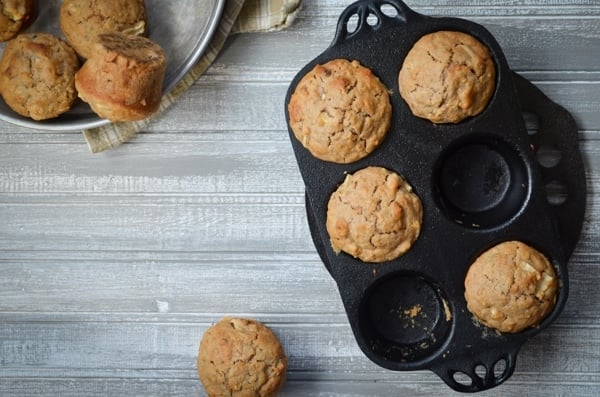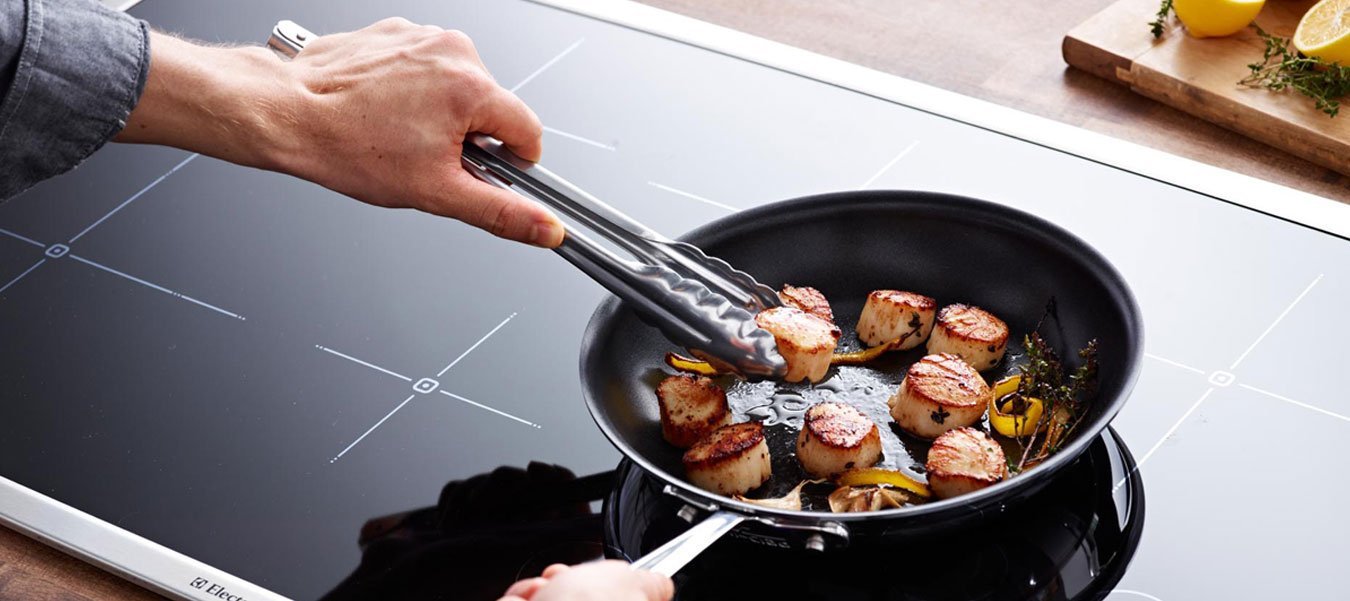For kitchen professionals, utilizing cast iron cookware on an induction cooktop can be an excellent choice due to its superior heat retention and even cooking capabilities. However, the potential risks of overheating cast iron on induction stoves should not be overlooked. This article aims to shed light on the intricacies of these risks, offering insights and solutions to ensure safe and efficient cooking practices.

Why Induction Cooking is Unique
Induction cooktops use electromagnetic fields to directly heat the cookware, which sets them apart from traditional gas or electric stoves. This direct method of heat transfer allows for rapid temperature changes and precise control. However, it can also lead to overheating if not carefully monitored, especially with materials like cast iron that retain heat so effectively.
Cast Iron's Heat Retention Properties
One of the primary reasons chefs love cast iron is its ability to hold heat. This property is both a benefit and a risk. On an induction cooktop, the rapid heating can quickly lead to temperatures that exceed the desired level, posing a risk of overheating. Unlike other materials, cast iron doesn't cool down as quickly once removed from the heat source, which can further complicate cooking if temperatures spike unexpectedly.
Signs of Overheating
Recognizing when your cast iron is overheating is crucial. Common signs include excessive smoking, a burnt smell, or the surface of the pan becoming discolored. In extreme cases, the structural integrity of the cast iron can be compromised, leading to warping or cracking. These issues not only affect the performance of the cookware but also pose a safety risk in a professional kitchen environment.
Preventing Overheating on Induction
To mitigate the risks of overheating, it's essential to use a medium heat setting initially and gradually increase the temperature as needed. Additionally, always preheat the pan with a small amount of oil and monitor it closely. Using a thermometer can help maintain the ideal cooking temperature and prevent the pan from becoming too hot too quickly.
For further insights on maintaining your cast iron, you can visit our guide on seasoning after induction use.
Impact on Food Quality
Overheating can have adverse effects on the quality of the food being prepared. Overcooked or burnt food not only diminishes the flavors but can also lead to a waste of ingredients. Maintaining the correct temperature ensures that food cooks evenly and retains its intended taste and texture.
Cleaning and Maintenance
Proper cleaning and maintenance of your cast iron are crucial in preventing overheating. Residual food particles can cause hot spots, leading to uneven cooking and potential overheating. Regularly cleaning your cookware as per our cleaning tips can prevent these issues.
Handling Hot Cast Iron Safely
When working with hot cast iron, especially on induction stoves, always use heat-resistant gloves or handles to prevent burns. For more on this, check out our hot handle safety tips.
Expert Opinions
Experts recommend using cast iron on induction due to its efficiency, but caution is advised to avoid overheating. For a detailed look at how cast iron works with induction, you can refer to this expert guide.
Conclusion
The risks of overheating cast iron on induction cooktops can be managed with careful attention to heat settings and proper maintenance practices. By understanding the unique properties of both induction cooking and cast iron, kitchen professionals can harness the benefits of this cookware while minimizing potential hazards. Remember that safety and quality go hand in hand, ensuring that your culinary creations are both delicious and well-executed.

FAQ Section
Can I use any cast iron on induction stoves?
Yes, most cast iron cookware is suitable for use on induction stoves due to its magnetic properties.
What should I do if my cast iron overheats?
Immediately remove it from the heat source and allow it to cool naturally. Avoid adding cold water to a hot pan to prevent cracking.
How do I know if my cast iron is too hot?
If the pan begins to smoke excessively or emits a burnt odor, it is likely too hot and should be removed from the heat source.






Leave a comment
This site is protected by hCaptcha and the hCaptcha Privacy Policy and Terms of Service apply.